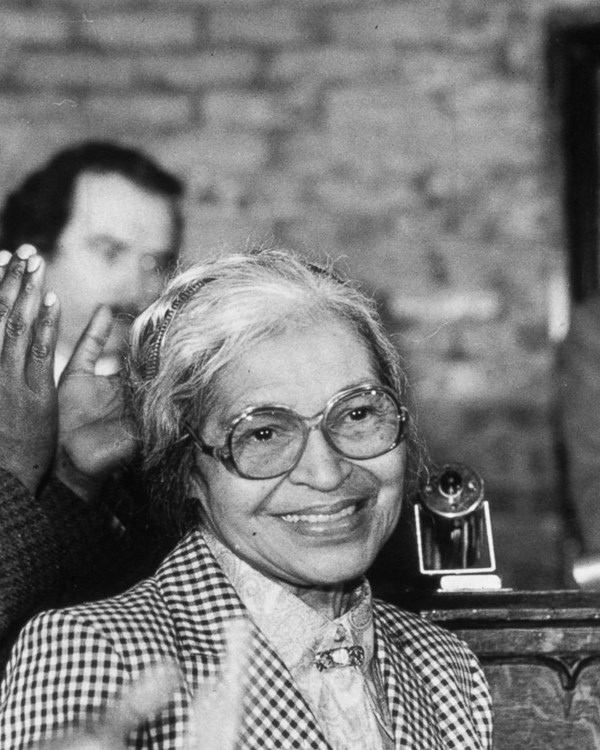With her family support, activism, and determination, Rosa Parks is thought to be one of the most iconic figures of the civil rights movement. Her infamous actions onboard a bus in Alabama, sparked new laws and changed the face of segregation across the country.
Parks was born in 1913 and was raised by her mother and her grandparents. They were living under the rules of segregation in the south, something Parks said she was determined to help change.
In 1945, she became a leader in the fight for desegregation, taking a position as the secretary of the Montgomery, Alabama branch of the NAACP. While there, she helped with black voter registration, youth outreach, and legal representation for black victims of white brutality.
She held this position for 10 years until her infamous stand on board a bus in Alabama.
Parks was on a bus in Montgomery on December 1, 1955, when she was asked to give up her seat for a white man. This was part of the segregation law in Alabama at the time. Parks refused to give up her seat and was arrested. She later said she knew this was likely to happen, but she was ready to accept the consequences. However, as a result, the community stepped up to show their support and organized a bus boycott which lasted about a year. Due to the lack of ridership, the bus company was forced to shut down 13 months later.
“I did not want to be mistreated, I did not want to be deprived of a seat that I had paid for. It was just time… there was an opportunity for me to take a stand to express the way I felt about being treated in that manner. I had not planned to get arrested. I had plenty to do without having to end up in jail. But when I had to face that decision, I didn’t hesitate to do so because I felt that we had endured that too long. The more we gave in, the more we complied with that kind of treatment, the more oppressive it became.”
After the bus boycott, Parks and her family moved to Detroit and worked with congressman John Conyers, helping to find housing for the homeless. She also remained an active member of the NAACP.
Parks has received many honors for her actions promoting the civil rights movement. In 1999, Parks was given the Congressional Gold Medal of Honor, the highest honor a civilian can get in the U.S.
Parks’ legacy is cemented in the history of the United States, and many have called her “the first lady of civil rights.” Her lasting impact is still being felt today.
